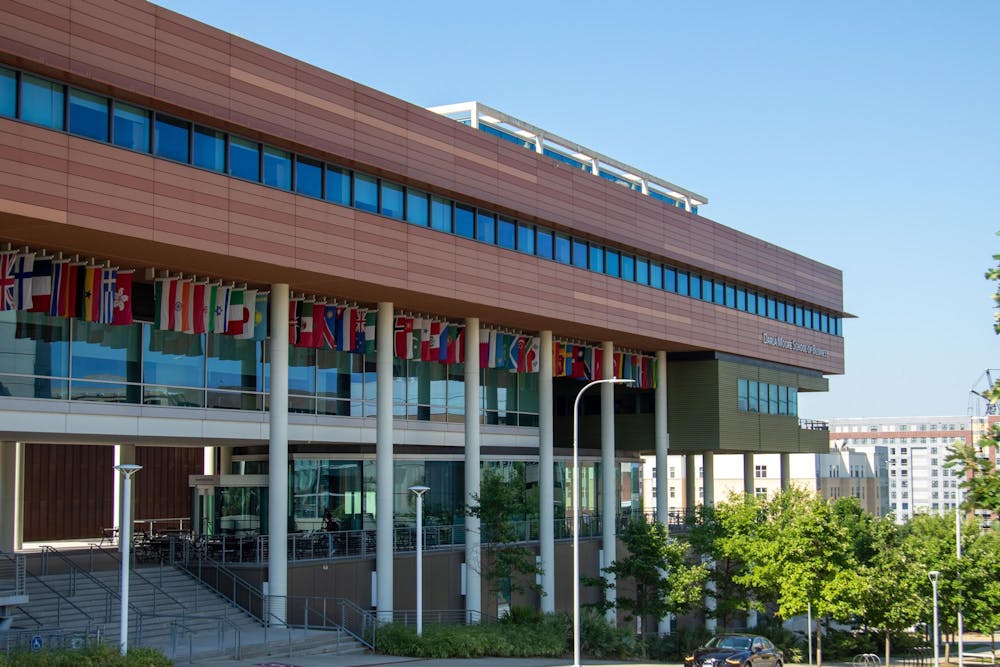Fourth-year doctoral chemistry student Matthew Ariwoola had his student status reinstated on April 24 after it had been revoked two weeks prior.
According to an April 18 lawsuit filed by the ACLU of South Carolina, USC officials informed Ariwoola, a Nigerian citizen, that his Student and Exchange Visitor Information System (SEVIS) record had been terminated on April 8. That same day, the university confirmed that several international students had their visas terminated by the federal government.
The lawsuit alleges that the Department of Homeland Security (DHS) and United States Immigration and Customs Enforcement (ICE) violated Ariwoola’s Fifth Amendment right to due process as well as the 1946 Administrative Procedures Act. A component of this law allows courts to stop actions by federal agencies that are found to be "arbitrary, capricious, an abuse of discretion, or otherwise not in accordance with law," the statute reads.
“In this country, you’re guaranteed a fair day in court, and currently our client is fighting to get that fair day in court,” ACLU-SC Communications Director Paul Bowers said.
According to an email from Bowers, Ariwoola’s SEVIS status was reactivated on the night of April 24, and the government asked to pause briefings on the case.
On April 25, a Justice Department lawyer announced that the SEVIS records of students whose visas had not been revoked would be restored, the New York Times reported. According to Ariwoola’s lawsuit, his F-1 visa had not been revoked.
SEVIS is a web-based system for monitoring the status of international students in the United States, and it is operated by the DHS. The termination of a student's SEVIS record cancels their F-1 student status as well.
F-1 student status is different from the F-1 student visa. While the visa determines the student's ability to enter the United States, the F-1 status determines their ability to stay in the country after entering on the visa, according to a blog post on the DHS website.
Ariwoola had already been granted a 14-day temporary restraining order from a federal judge on April 18. This prevents DHS and ICE from “arresting, detaining or transporting (Ariwoola) outside of the jurisdiction of the District of South Carolina or removing him from the United States,” according to the court order.
The order also states Ariwoola must be allowed to continue studying and working at USC during those 14 days, despite the termination of his SEVIS record.
ACLU-SC will continue working to ensure Ariwoola can continue his work at the university, according to the email from Bowers.

